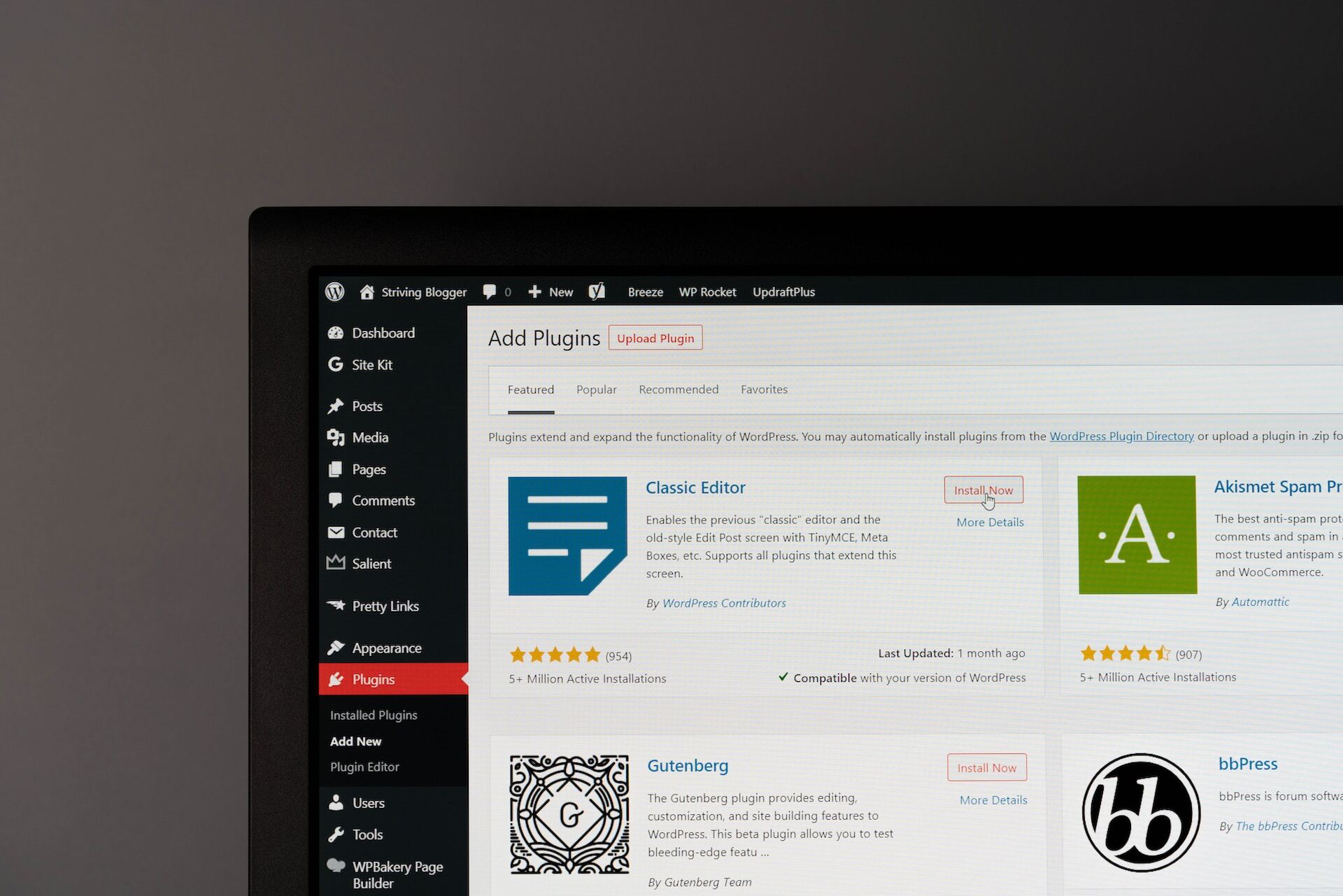
27th June 2025
Have You Outgrown Your Marketing Strategy?

30th May 2025
How to Build a Brand That Grows with You

24th April 2025
What to Include in Your B2B Marketing Strategy

27th February 2025
We’re looking for a Senior Account Manager to join our team

30th September 2024
In-house or Outsourced Marketing: The Best Solution For Your Business

5th August 2024
Grant Funding for North East Businesses

18th April 2024
Welcoming Gemma back as Senior Developer

9th September 2023
Helping a football club succeed off the pitch

20th June 2023
The 8 Must-Have Plugins for Your WordPress Website

30th March 2023